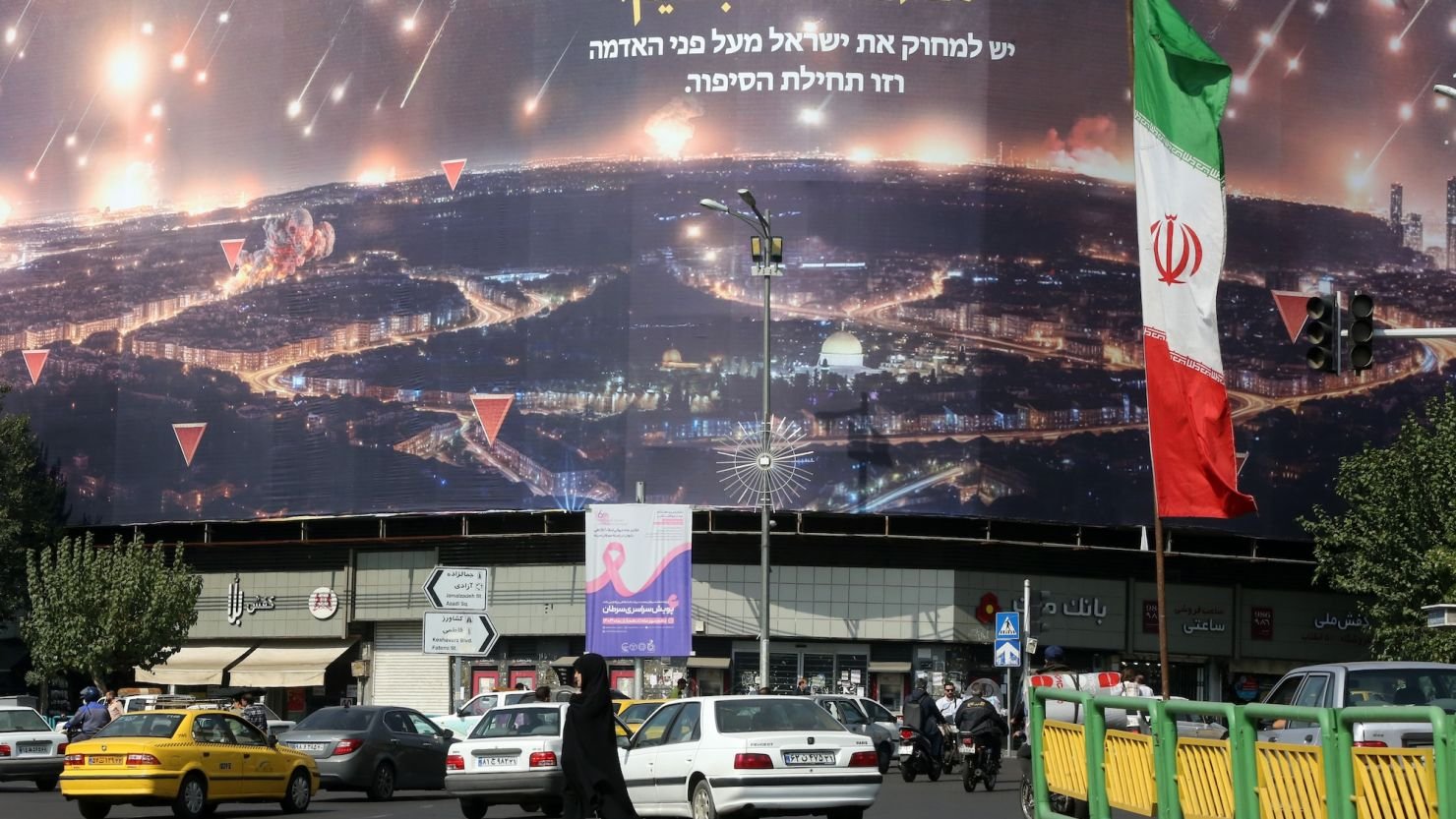As tensions in the Middle East escalate, Iran has launched a series of urgent diplomatic talks with regional powers, anticipating a strong Israeli military response to recent missile attacks. These attacks, allegedly orchestrated by Iranian-backed militias, have triggered heightened concerns that Israel will retaliate with significant force, potentially leading to a broader conflict. Tehran’s government is working feverishly to avoid direct confrontation, attempting to rally support from its allies while also seeking to defuse the situation through diplomacy.
The missile strikes targeted strategic sites near Israel’s northern border, and Israel has vowed a swift and decisive response. In the meantime, Iran is reinforcing its alliances with Syria and Hezbollah, preparing for the possibility of a wider military conflict. The diplomatic efforts involve back-channel talks with Russia and China, both of whom have significant influence in the region, as Tehran seeks to mitigate the fallout from the escalating situation.
This latest flare-up comes at a precarious time, with international negotiations over Iran’s nuclear program still in a deadlock. As the region braces for further conflict, the international community is watching closely, hoping that diplomacy can prevail over military escalation. Iran’s ability to navigate this crisis will significantly impact its regional influence and relations with global powers【5†source】【6†source】.











